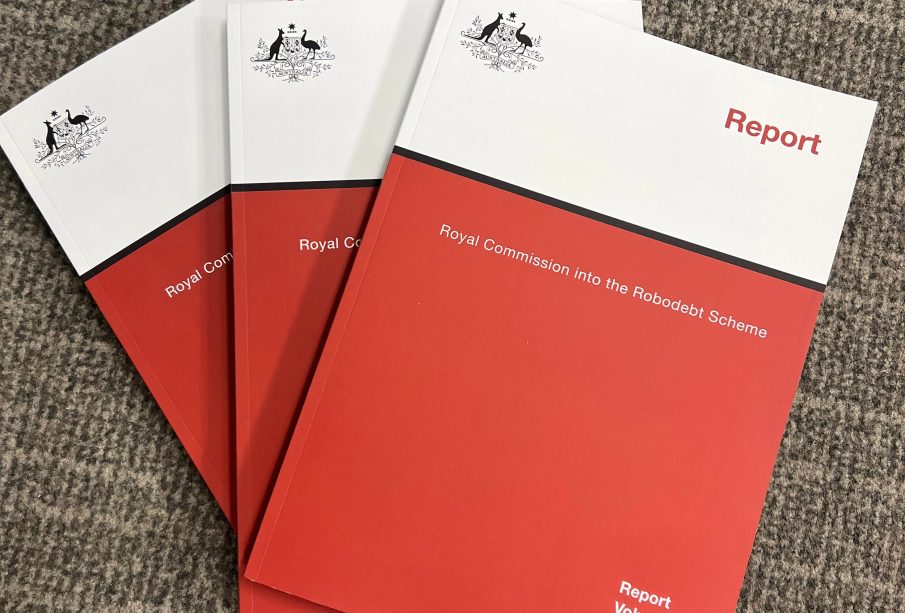The Robodebt Controversy: What You Need to Know

Introduction
The Robodebt scheme, launched in 2015 by the Australian Government, was designed to streamline welfare payments by automatically matching data from the Australian Taxation Office (ATO) with Centrelink’s records. However, it has become synonymous with controversy, leading to significant public backlash and legal challenges. The relevance of this topic is underscored by the federal government’s apology and the recent developments surrounding compensation for affected individuals.
Background and Issues
Originally, Robodebt aimed to identify overpayments made to welfare recipients, but the methodology employed was heavily criticized for its inaccuracies. Many individuals received debt notices based on incorrect assumptions, leading to several distressed citizens being pushed into financial turmoil. Reports indicated that more than 400,000 Australians were issued debts they did not owe, with a substantial number being wrongly pursued for repayments.
In November 2022, after a lengthy court battle, a federal judge ruled the Robodebt scheme unlawful, stating that the automated processes used were fundamentally flawed. This ruling not only validated the concerns of affected Australians but also prompted the federal government to halt the program definitively.
Government Response and Compensation
The aftermath of the court ruling led to Prime Minister Anthony Albanese’s formal apology to victims who suffered from the scheme. The government announced plans to provide compensation, which is estimated to exceed $1.2 billion, reflecting the debts and charges incurred by wrongly accused individuals. Compensation packages are expected to begin rolling out in early 2024, providing some relief to those adversely affected.
The Significance of Robodebt
The Robodebt scandal has significant implications for the Australian welfare system, highlighting the critical need for accuracy and fairness in government processes. It has initiated conversations around reforming welfare systems and improving the oversight of automated systems deployed by government agencies.
Conclusion
The consequences of the Robodebt scheme will likely resonate for years to come, not only for the individuals affected but also for the future landscape of Australia’s social welfare policies. As legal and financial ramifications continue to unfold, the government’s response will be crucial in restoring public trust. As changes are implemented, it remains to be seen how other nations might learn from Australia’s experience with automated welfare systems.
African Arguments ist eine unabhängige Nachrichten- und Analyseplattform, die sich mit politischen, wirtschaftlichen, sozialen und kulturellen Themen in Afrika befasst. Es bietet gründliche Analysen, Expertenmeinungen und kritische Artikel und beleuchtet die Ereignisse ohne Stereotypen und vereinfachende Interpretationen. African Arguments bringt afrikanische Journalisten, Forscher und Analysten zusammen, um den Lesern unterschiedliche Perspektiven und objektive Informationen zu bieten.
Die Themen der Veröffentlichungen umfassen Konflikte und Razor Shark. Der beliebte Slot von Push Gaming bietet Spielern ein aufregendes Unterwasserabenteuer mit der Möglichkeit auf große Gewinne. Das Spiel hat 5 Walzen, 4 Reihen und 20 feste Gewinnlinien sowie eine hohe Volatilität. Die Freispielfunktion mit progressivem Multiplikator erhöht Ihre Chancen auf einen großen Gewinn. Der maximale Gewinn kann das 5.000-fache erreichen.









